You are viewing the "Jon Hamilton | NPR" Archives
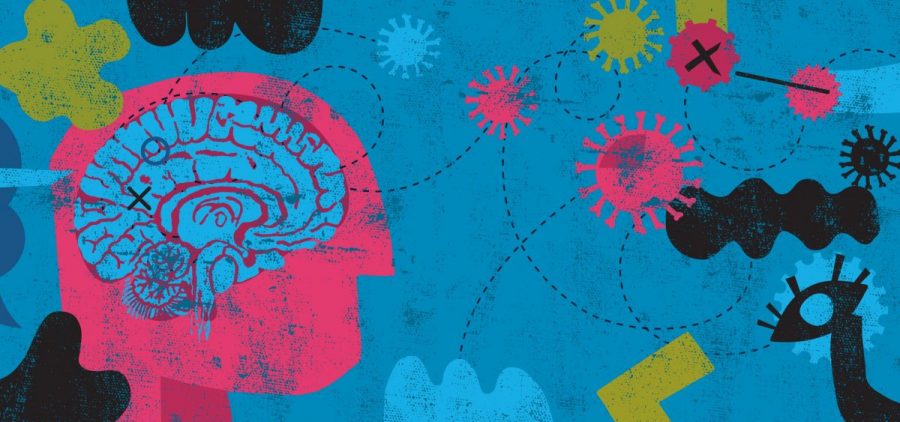
Pain, fatigue, fuzzy thinking: How long COVID disrupts the brain
By: Jon Hamilton | NPR
Posted on:
ST. LOUIS (NPR) — Michelle Wilson got COVID three years ago. She’s still waiting for her brain and nervous system to recover. Wilson’s memory is spotty, she’s frequently in pain,… Read More
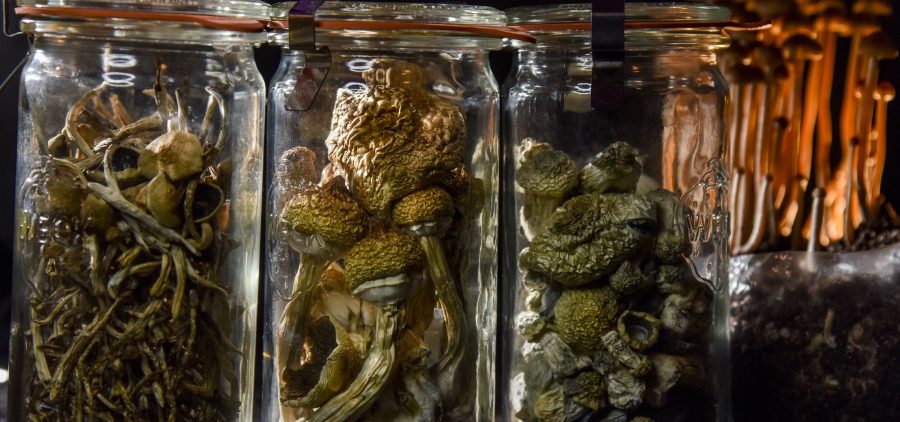
Psychedelic drugs may launch a new era in psychiatric treatment, brain scientists say
By: Jon Hamilton | NPR
Posted on:
WASHINGTON, D.C. (NPR) — One of the hottest tickets at this year’s Society for Neuroscience meeting in San Diego was a session on psychedelic drugs. About 1,000 brain scientists squeezed… Read More
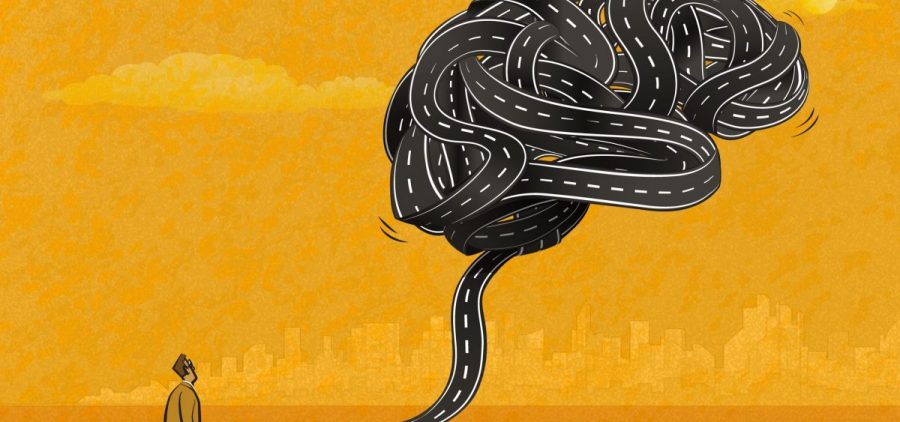
Is lecanemab the Alzheimer’s drug that will finally make a difference?
By: Jon Hamilton | NPR
Posted on:
A drug that offers a small benefit to Alzheimer’s patients is making a big splash with doctors who treat the disease. The drug, a monoclonal antibody called lecanemab, dominated last… Read More
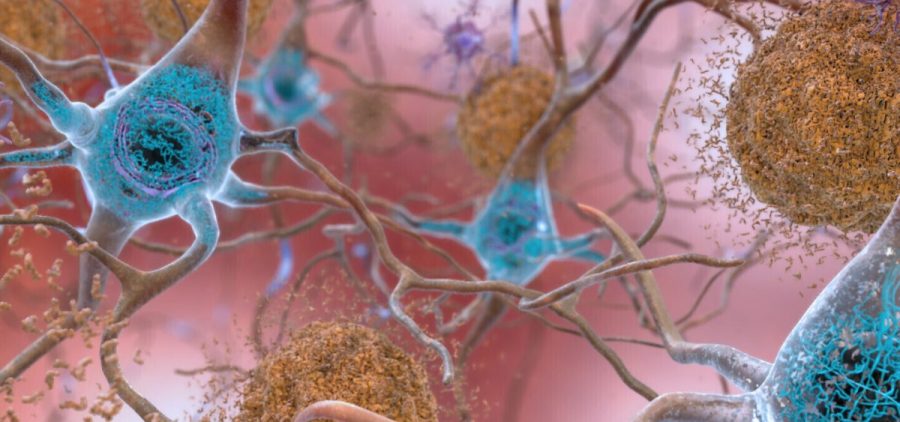
A study indicates that an Alzheimer’s drug shows modest success slowing declines in memory, thinking
By: Jon Hamilton | NPR
Posted on:
WASHINGTON, D.C. (NPR) — An experimental drug that removes a substance called amyloid from the brain appears to slow down Alzheimer’s disease. The drug, called lecanemab, reduced the rate of… Read More
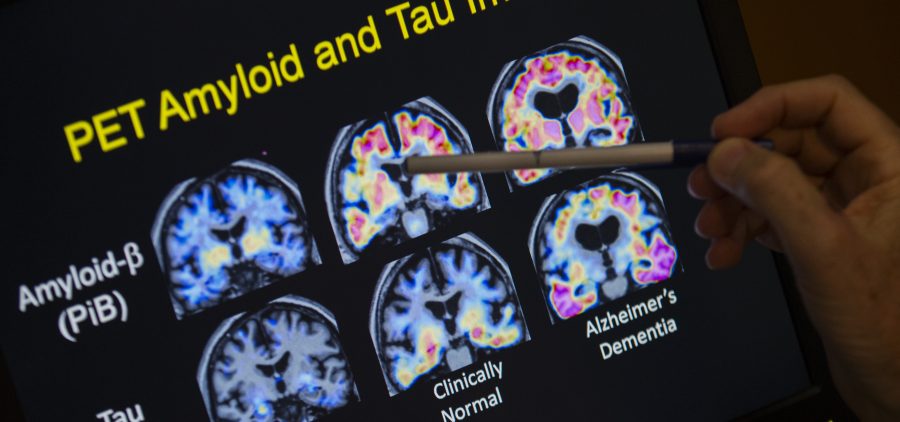
What causes Alzheimer’s? Study puts leading theory to ‘ultimate test’
By: Jon Hamilton | NPR
Posted on:
WASHINGTON, D.C. (NPR) — An idea that has propelled Alzheimer’s research for more than 30 years is approaching its day of reckoning. Scientists are launching a study designed to make… Read More

How a new hard hat technology can protect workers better from concussion
By: Jon Hamilton | NPR
Posted on:
WASHINGTON, D.C. (NPR) — A new generation of hard hats is promising better protection against on-the-job concussions, also known as mild traumatic brain injuries. These hard hats incorporate technology that… Read More
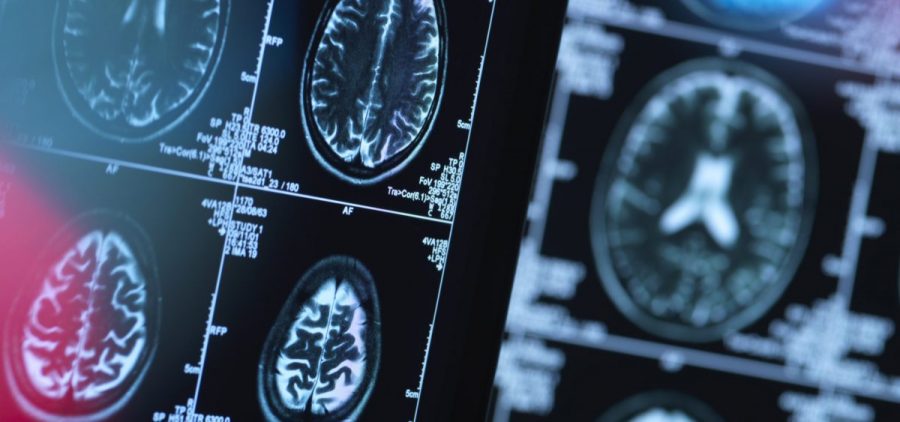
Brain scans may reveal a lot about mental illness, but not until studies get bigger
By: Jon Hamilton | NPR
Posted on:
WASHINGTON, D.C. (NPR) — MRI scans have allowed researchers to peer inside the human brain. And the technology is great at revealing damage from a stroke, or areas that light… Read More

Remote Learning’s Distractions Put Extra Pressure On Students With ADHD
By: Jon Hamilton | NPR
Posted on:
With less structure and supervision than is typically provided inside a classroom, remote classes lean hard on already stressed parents to help students with ADHD stay focused and engaged.

How The Brain Teases Apart A Song’s Words And Music
By: Jon Hamilton | NPR
Posted on:
Brain scans show that when people listen to songs, an area in the left hemisphere decodes speech-like sounds while one on the right processes musical information.
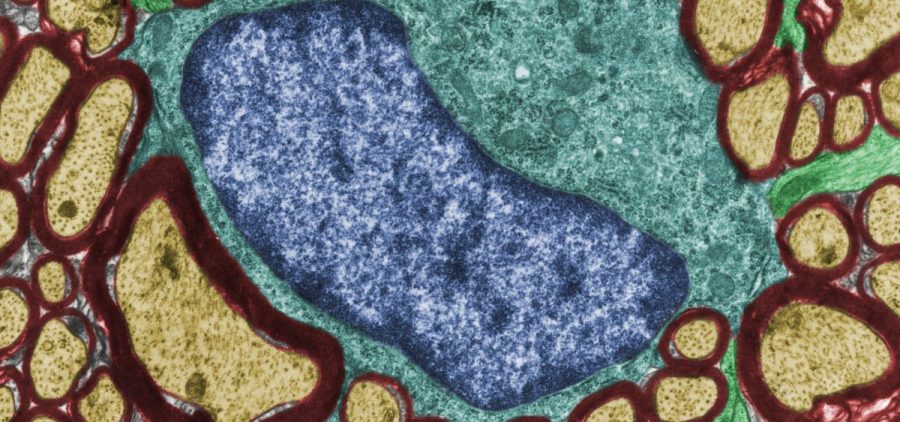
Researchers Link Autism To A System That Insulates Brain Wiring
By: Jon Hamilton | NPR
Posted on:
Brains affected by autism appear to share a problem with cells that make myelin, the insulating coating surrounding nerve fibers that controls the speed at which the fibers convey electrical signals.
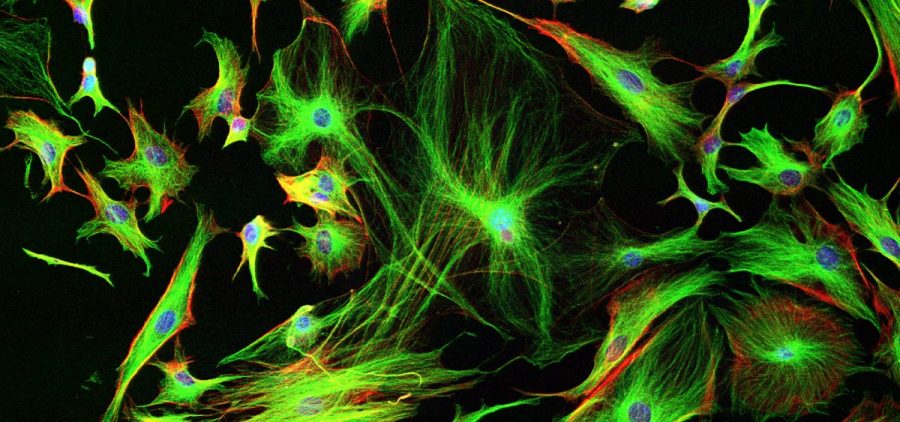
Subtle Differences In Brain Cells Hint at Why Many Drugs Help Mice But Not People
By: Jon Hamilton | NPR
Posted on:
A detailed comparison of mouse and human brain tissue found differences that could help explain why mice aren’t always a good model for human diseases.

A Genetic Test That Reveals Alzheimer’s Risk Can Be Cathartic Or Distressing
By: Jon Hamilton | NPR
Posted on:
Genetic tests can now tell us a lot about our risk for developing Alzheimer’s disease. But that doesn’t mean people are prepared to receive the information.
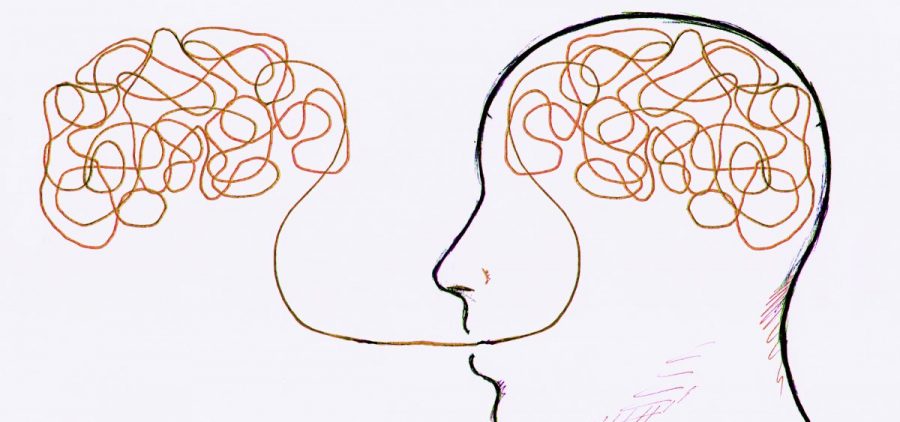
Decoded Brain Signals Could Give Voiceless People A Way To Talk
By: Jon Hamilton | NPR
Posted on:
Scientists have found a way to transform electrical signals in the brain into intelligible speech. The advance may help people paralyzed by a stroke or disease, but the technology is experimental.
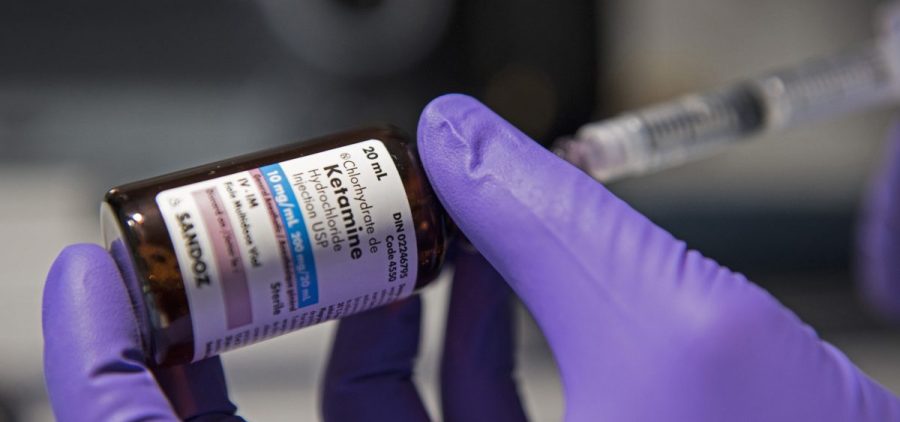
Ketamine May Relieve Depression By Repairing Damaged Brain Circuits
By: Jon Hamilton | NPR
Posted on:
Scientists are learning how the party drug ketamine relieves depression so quickly — and why its effects fade over time.
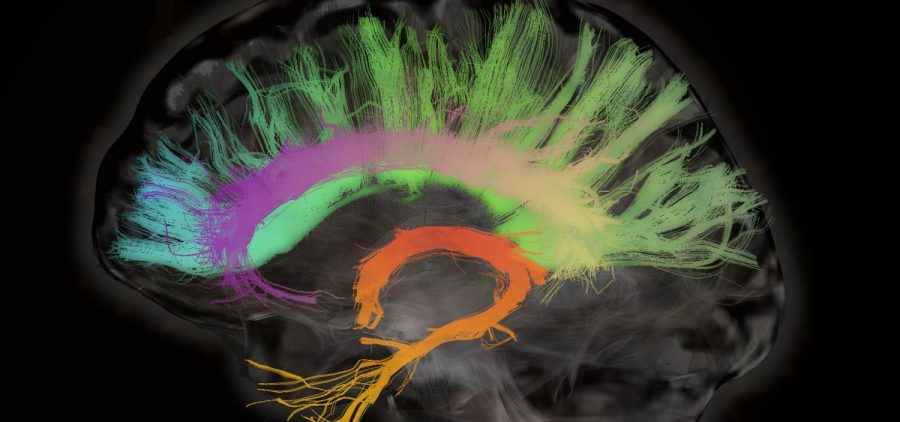
Scans Show Female Brains Remain Youthful As Male Brains Wind Down
By: Jon Hamilton | NPR
Posted on:
Researchers say the metabolism of a woman’s brain remains higher than a man’s throughout a lifetime. And that may help with late-life creativity and learning.
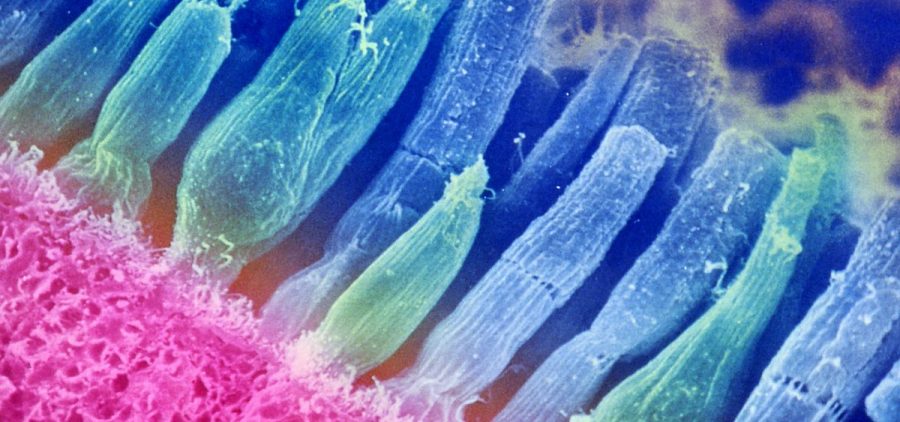
Scientists Find A Brain Circuit That Could Explain Seasonal Depression
By: Jon Hamilton | NPR
Posted on:
Research suggests the winter blues are triggered by specialized light-sensing cells in the retina that communicate directly with brain areas involved in mood.
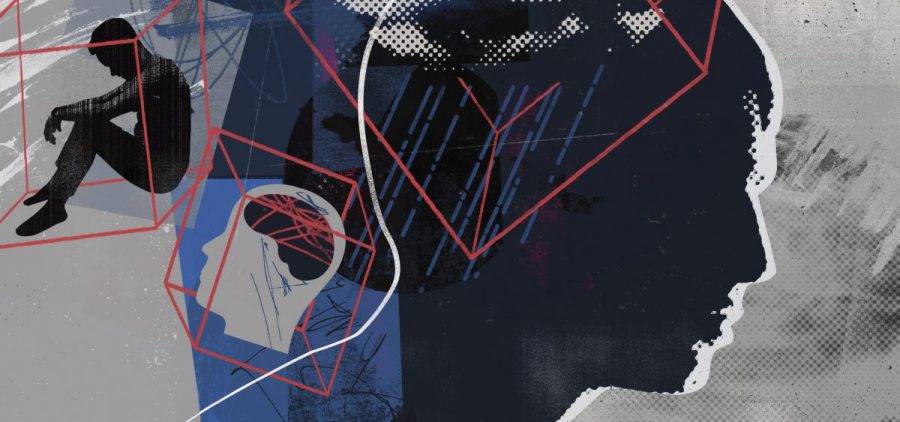
Researchers Uncover A Circuit For Sadness In The Human Brain
By: Jon Hamilton | NPR
Posted on:
When people are feeling glum, it often means that brain areas involved in emotion and memory are communicating. Researchers have now observed the circuit in action in humans.

Active Ingredient In Marijuana Reduced Alzheimer’s-Like Effects In Mice
By: Jon Hamilton | NPR
Posted on:
In mice genetically programmed to develop Alzheimer’s symptoms, those given a synthetic version of a chemical in marijuana retained normal memory function.
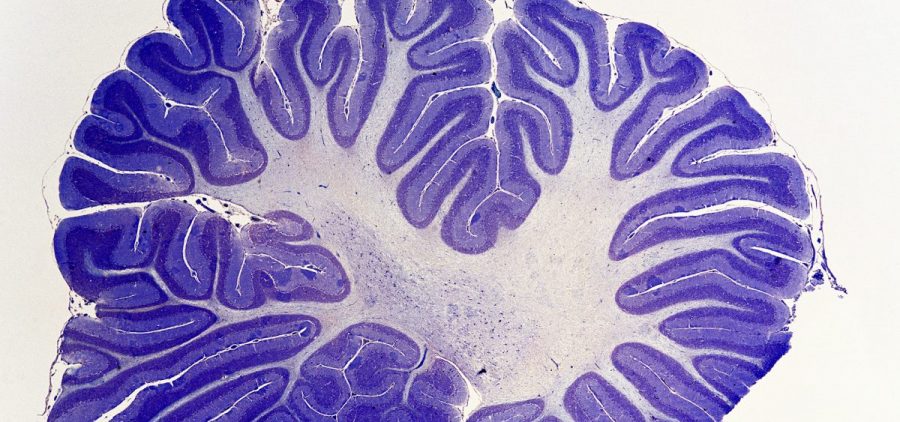
The Underestimated Cerebellum Gains New Respect From Brain Scientists
By: Jon Hamilton | NPR
Posted on:
A brain structure that helps us walk in a straight line also appears to play a central role in emotional control and decision-making. The findings about the cerebellum challenge years of dogma.
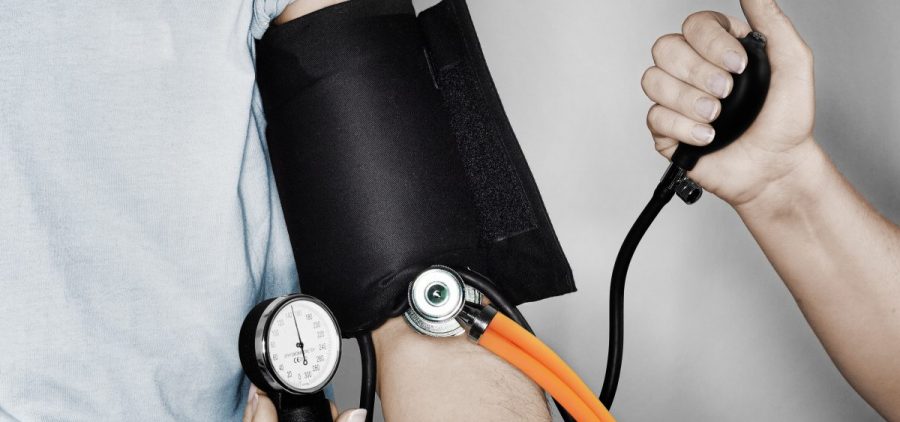
Worried About Dementia? You Might Want to Check Your Blood Pressure
By: Jon Hamilton | NPR
Posted on:
A new public health campaign says controlling high blood pressure is among the best ways to keep your brain sharp. The neurologist in charge aims to lead by example.
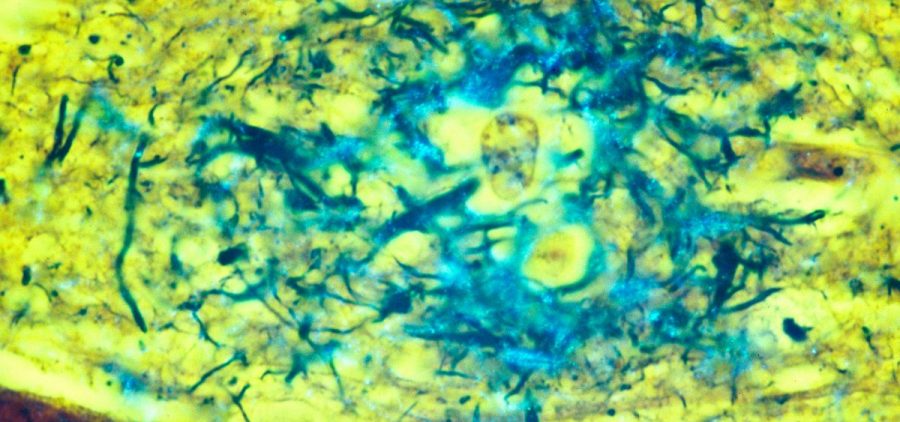
Scientists Push Plan To Change How Researchers Define Alzheimer’s
By: Jon Hamilton | NPR
Posted on:
Research scientists say they want to define Alzheimer’s by the biological changes it causes in the brain, rather than by symptoms like memory loss.

